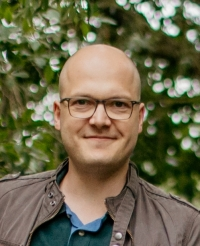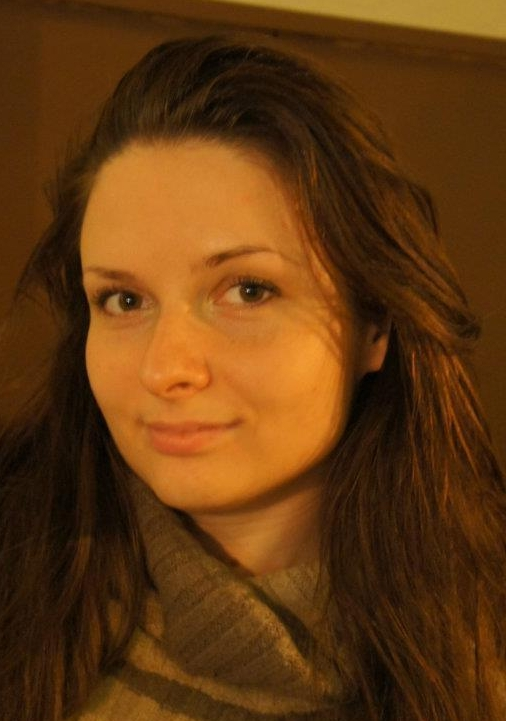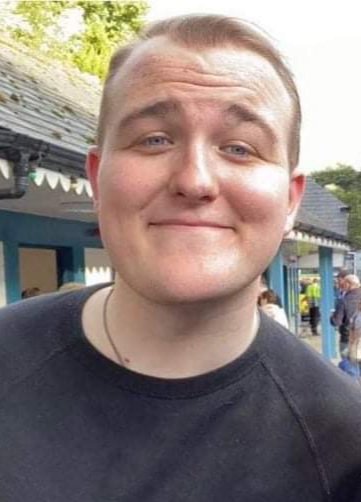This website uses cookies that store information about your usage of the page. By continuing to use this page you confirm you are happy with that.
Review and change how cookies are used.
The workshop is organised by the team of researchers that is listed on this page.

Alessandra is Assistant Professor at the University of Naples Federico II (Italy). She has a PhD as part of the Marie Sklodowska-Curie Research ETN SECURE project at the University of Hertfordshire (UK). She is a Visiting Lecturer at University of Hertfordshire. Alessandra received her B.Sc. and M.Sc. degrees in Computer Science from the University of Naples Federico II. Her research interests include Human–(Multi) Robot Interaction, social robotics, trust, XAI, multi-agent systems and user profiling. She is the team leader of RoboCup team “Bold Hearts” at the University of Hertfordshire (UK), and TC member of the RoboCup Humanoid League since 2021. She has a long history of collaborating and organising scientific activities within RO-MAN conferences and other international events. Indeed, she is Publicity chair at IEEE RO-MAN 2023, she has been Publicity chair at IEEE RO-MAN 2022, Virtual Organizing Chair of IEEE RO-MAN 2021 conference, Registration Chair and Social Media Responsible for IEEE RO-MAN 2020. Alesslandra is Project Manager of Marie Sklodowska-Curie Research ETN PERSEO, and collaborates with ETN TRAIL. Alessandra has great experience in organising scientific events as main organiser and in collaboration with her peers, some examples are the workshops at RO-MAN 2018-2022, workshop TRAITS at HRI 2021 and HRI 2022, special sessions at RO-MAN 2019, 2020 2021, 2022 and her special session proposal has been accepted at RO-MAN 2023, and several special issues at international journals.

Patrick is a Senior Research Fellow in the Robotics Research Group at the University of Hertfordshire (UK). His research focus is social robotics, including a robot's nonverbal robot signalling, social credibility, and trust in assistive robots. As manager of the Robot House, a unique facility for human-robot interaction, he brings together real-world applications and fundamental robotics research. Patrick is currently a CoI of EPSRC Network+ project Tackling Frailty - Facilitating the Emergence of Healthcare Robots from Labs into Service (EMERGENCE) and an advisory board member of the Norwegian innovation project Human Interactive Robotics in Healthcare (HIRo). Previously, he has been a CoI of the UKRI TAS hub's pump priming project Kaspar explains and the AAIP-funded feasibility project Assuring safety and social credibility. He has been a postdoctoral researcher in the Robot House 2.0 project, an EPSRC strategic equipment grant and the Cognitive Service Robotics Apartment, a large-scale project within the DFG-funded excellence cluster CITEC where he was a member of the Cognitive Systems Engineering group.

Gabriella is a Senior Lecturer at the School of Physics, Engineering and Computer Science at the University of Hertfordshire. She completed her PhD in the field of Ethology at the Eotvos Lorand University, Hungary, after which she transferred her skills to the field of Etho-robotics and Human-Robot Interactions (HRI). Her research interests include HRI and robot-assisted therapy. She has expertise in the development of socially acceptable companion robots through the design of biologically inspired credible social behaviour as well as in experimentally evaluating user acceptance. Her experience was gained in European projects such as LIREC and BabyRobot, in addition to the EPSRC funded project Trustworthy Robotic Assistants. More recently, she has been CoI of the UKRI TAS hub's pump priming project Kaspar explains and the Baily Thomas Charitable Fund supported project Kaspar for speech and language therapy. She is currently a CoI of EPSRC Network+ project Tackling Frailty - Facilitating the Emergence of Healthcare Robots from Labs into Service (EMERGENCE). Gabriella has extensive reviewer experience, reviewing scientific papers for several peer-reviewed journals such as PLOS One, International Journal of Social Robotics, Interface, International Journal of Advanced Robotic Systems, Interaction Studies, Ethology, Animal Cognition, Animal Behaviour and Behavioural Processes among others. She was co-organiser of the previous iterations of this workshop at the RO-MAN's 2021-2022 conferences and a guest editor of special issues on the same topic for the International Journal of Social Robotics (IJSR).

Sílvia is a Lecturer at the School of Physics, Engineering and Computer Science at the University of Hertfordshire (UK). She completed her master’s in Robotics and Automation at the Universidad Carlos III in Madrid, Spain, and is currently pursuing a master in Neuropsychology at the Universitat Oberta de Catalunya, Spain. Her research interests include mainly HRI, social robotics and neuroscience. She was co-organiser of the previous iterations of this workshop at the RO-MAN's 2018-2022 conferences and a guest editor of special issues on the same topic for Interaction Studies (IS), at the International Journal of Social Robotics (IJSR), and Paladyn, Journal of Behavioral Robotics (PJBR).

Lewis is a full time PhD student in the Robotics Research Group at the University of Hertfordshire. He completed a Master of Engineering in Robotics and Automation at the University of Leeds Beckett where his interests were in constraint satisfaction problems and Ai planning. His PhD focuses on the personalisation of companion robots looking at how they can appropriately communicate personal data in social contexts. Lewis has also been a member of the RoboCup Humanoid team BoldHearts at the University of Hertfordshire since 2021 with his main focuses being on motion and behaviour control and was also on the team who presented the Robot House at Robot Lab Live 2022 working on the behavioural systems.